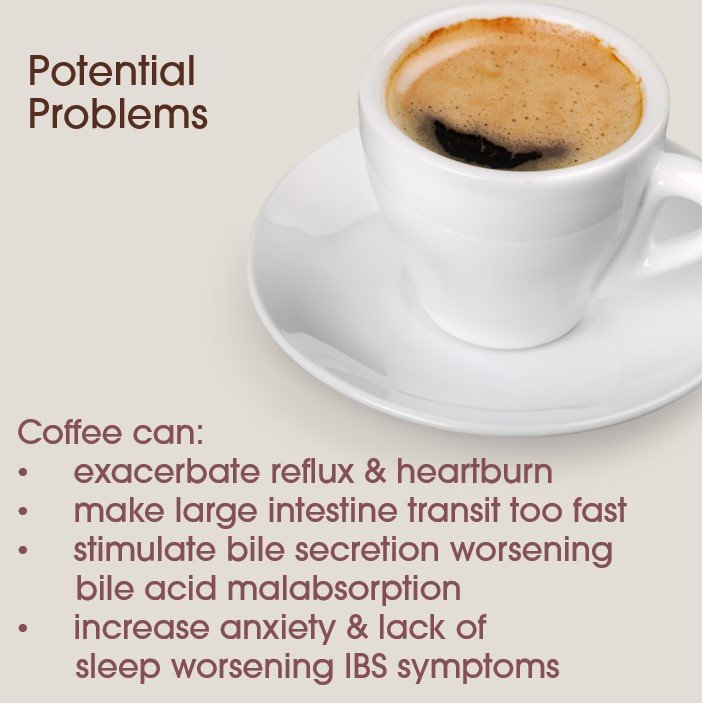Is your daily cup of coffee doing more harm than good to your gut health? It’s a question that many coffee lovers might wrestle with as they sip their favorite brew. Coffee is undoubtedly one of the most popular drinks worldwide, celebrated for its rich flavor and energizing qualities. But beyond the aroma and caffeine kick, some wonder about its impact on your digestive system. Let’s take a closer look at the connection between coffee and gut health to see where the balance lies.

Understanding Gut Health
What is Gut Health?
Gut health refers to how well our gastrointestinal tract functions and how effectively it maintains balance and comfortably processes the food we eat. It’s about more than just digestion—gut health influences your immune system, mood, and overall well-being. An imbalance in gut flora, meaning the bacteria and other microorganisms living in the intestines, can lead to discomfort and health issues.
Role of Gut Microbiome
Your gut is home to trillions of bacteria, viruses, and fungi that collectively make up the gut microbiome. These microorganisms play a crucial role in various bodily functions, including digestion, nutrient absorption, and immune function. A healthy gut microbiome is diverse and balanced, contributing to good health. Disturbances can lead to gastrointestinal disorders and other health problems.
Coffee: A Beloved Beverage
Historical and Cultural Significance
Coffee is more than just a drink; it’s part of many cultures around the world. Historically, from the Turkish coffee ceremonies to the Italian espresso rituals, coffee has woven itself into society deeply. Its journey from a mysterious Eastern beverage to a global staple tells a story of curiosity and innovation.
Composition of Coffee
To understand its impact on your gut, it’s essential to look at what’s in your coffee cup. Coffee contains a complex mix of chemicals, including antioxidants, caffeine, and polyphenols. Each component can interact with your body differently, leading to varied effects on your gut health.
Coffee and Gut Health: The Debate
Potential Benefits of Coffee
Some studies suggest coffee may have health benefits due to its rich antioxidant content, which helps combat inflammation and oxidative stress. These properties could potentially support gut health by reducing inflammation in the digestive tract.
| Component | Potential Benefits for Gut Health |
|---|---|
| Antioxidants | May reduce inflammation in the GI tract |
| Polyphenols | Can promote growth of beneficial gut bacteria |
| Caffeine | Could potentially have a mild laxative effect |
Possible Negative Effects
However, coffee is also acidic and can irritate the stomach lining, which might not be ideal for everyone, particularly those with sensitive digestive systems. It can increase stomach acid production, potentially leading to heartburn and indigestion in some individuals.
Caffeine Sensitivity
Sensitivity to caffeine is another factor to consider. People react differently to caffeine, with some experiencing jitteriness or insomnia, which could indirectly affect digestive health through increased stress or disrupted sleep.
Factors that Influence Coffee’s Impact on Gut Health
Individual Differences
The effect of coffee on gut health varies from person to person. Your genetic makeup, existing health conditions, and lifestyle can all play a part in how coffee influences your digestive system.
Coffee Preparation Methods
The way coffee is brewed can also affect its impact on your gut. Different preparation methods yield variations in caffeine content, acidity, and other chemical compositions.
| Brewing Method | Caffeine Content | Acidity Level | Impact on Gut |
|---|---|---|---|
| Espresso | High | High | Strong |
| French Press | Moderate | Moderate | Balanced |
| Cold Brew | Lower | Lower | Gentler |

Tips for Mindful Coffee Consumption
Moderation is Key
Enjoying coffee in moderation is often the best approach. For most people, limiting intake to 1-2 cups per day can provide the perks of coffee’s flavors and benefits without overwhelming your digestive system.
Timing Your Coffee Intake
Opt to consume your coffee during the middle of the morning or early afternoon rather than on an empty stomach first thing in the morning. This can help minimize any potential adverse effects on your stomach lining and acid levels.
Experiment with Different Brews
Consider experimenting with various brewing methods or trying low-acid coffee options to see which suits your body best. Cold brew coffee, for example, is less acidic and might be a better choice for those prone to stomach discomfort.
Is Decaf a Better Option?
Decaf vs. Regular Coffee
Decaffeinated coffee might be a viable option if you’re sensitive to caffeine but still want to enjoy the taste and routine of coffee. Though it undergoes more processing, decaf retains many beneficial compounds found in regular coffee, albeit with less caffeine.
Impact on Gut Health
Without caffeine’s stimulating effects, decaf coffee might be gentler on your digestive system. However, some people report similar digestive reactions, suggesting that other components in coffee may also play a role.

Conclusion: Finding Your Coffee-Gut Balance
Ultimately, whether coffee is bad for gut health is not a one-size-fits-all answer. It heavily depends on individual tolerance and consumption habits. While some may thrive with a daily dose of coffee, others might experience discomfort. By understanding how coffee interacts with your body and adjusting your habits accordingly, you can savor this beloved beverage without disrupting your gut health. Listening to your body’s signals and making mindful choices is the best approach to enjoying coffee while maintaining a healthy gut.